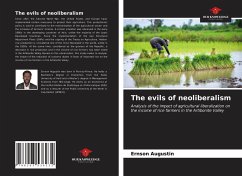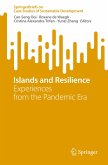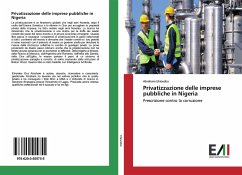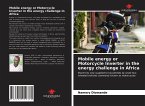Since after the Second World War, the United States and Europe have implemented certain measures to protect their agriculture. This protectionist policy is said to contribute to the mechanization of the agricultural sector and the increase of farmers' income. A similar situation was observed in the early 1980s in the developing countries of Asia, unlike the majority of the Least Developed Countries. Since the implementation of the two Structural Adjustment Plans (SAPs) and the signing of the Treaty on Agriculture, Haitian rice production is considered one of the most liberalized in the world, unlike in the 1950s. At the same time, considered as the granary of the Republic, a decrease in rice production and in the income of rice farmers has been noted in the Artibonite Valley. Based on this observation, this study seeks to analyze the impact of the reduction of customs duties in favor of imported rice on the income of rice farmers in the Artibonite Valley.








